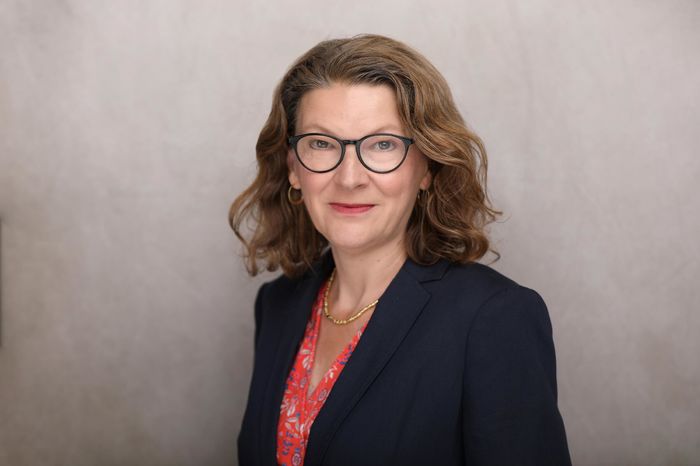Cultural issues behind Trinity Hall’s mishandling of sexual misconduct cases, report suggests
An inquiry pointed to a ‘male dominated culture’ and silence on ‘everyday sexism’

Cultural problems were among other factors behind Trinity Hall’s mishandling of sexual misconduct cases dating back to 2005, a newly published report says.
The report, published last Thursday (8/9) and undertaken by Gemma White KC, claimed there were cultural issues within the College that served as “barriers to reporting” misconduct.
Fellows interviewed for White’s inquiry said that a “male-dominated culture” created an environment where some fellows deemed sexist language acceptable. Students interviewed also pointed to the now banned “Crescents” drinking society as evidence of the culture’s prominence.

White also identified the fact that many students didn’t issue formal complaints about “lower level” issues like “casually sexist comments” and “everyday sexism”. In failing to take action on such speech, sexist language was understood to be tolerated.
To remedy this, White suggested the College should develop a culture wherein sexual misconduct is “not tolerated rather than simply refining complaints procedures.”
In their response to the report, the College apologised for the mishandling of allegations and listed the changes they’ve made in accordance with White’s recommendations, including the appointment of its new master Mary Hockaday, a new head of wellbeing and a new dean of discipline.
White’s inquiry investigated the mishandling of three separate cases of sexual misconduct by the College.
The first involved sexual misconduct allegations made by former students against a former MMLL fellow, Peter Hutchinson, dating back to 2005. Whilst Hutchinson was taken to court, he was acquitted and continued teaching students until ten made complaints against him in 2014 and 2015. In 2017, he was banned from having contact with students.
The second case, in 2018, featured allegations of sexual assault made by three female students against a male student, ‘D’. In a report by Tortoise, Dr William O’Reilly, who was acting senior tutor at the time, was accused of mishandling the case.
The third case involved sexual assault allegations made by a different male student against O’Reilly.
The claim was presented to the master Dr. Jeremy Morris two months prior to D’s disciplinary hearing, and for the next five months (May-October 2018), neither Dr. O’Reilly nor the Office for Student Conduct, Complaints and Appeals (OSCAA) were informed about it. O’Reilly continued to oversee the case during this period, despite there being an ongoing allegation against him.
The College’s governing body has voted to act on all the report’s recommendations.
There will be new protocols for taking legal advice and the College will be “actively encouraging” students to report allegations of sexual misconduct to OSCCA.
A transparent code of discipline was published in 2020, and support and reporting options have also been “made clearer” on the College website and in the student handbook given out at the beginning of the year.
OSCCA was contacted for comment.
 Features / The etiquette of inequality at Cambridge: making tradition inclusive24 January 2025
Features / The etiquette of inequality at Cambridge: making tradition inclusive24 January 2025 News / University creates ‘AI’ category for academic misconduct after rise in cases24 January 2025
News / University creates ‘AI’ category for academic misconduct after rise in cases24 January 2025 News / Ex-PVC splashed over £5k on expenses24 January 2025
News / Ex-PVC splashed over £5k on expenses24 January 2025 Comment / Why university rankings don’t add up 24 January 2025
Comment / Why university rankings don’t add up 24 January 2025 News / Vigil held for murdered Cambridge student25 January 2025
News / Vigil held for murdered Cambridge student25 January 2025






